An electricity PowerPoint template to use on an interactive whiteboard or as print-outs for your class.
An electricity PowerPoint template to use on an interactive whiteboard or as print-outs for your class.
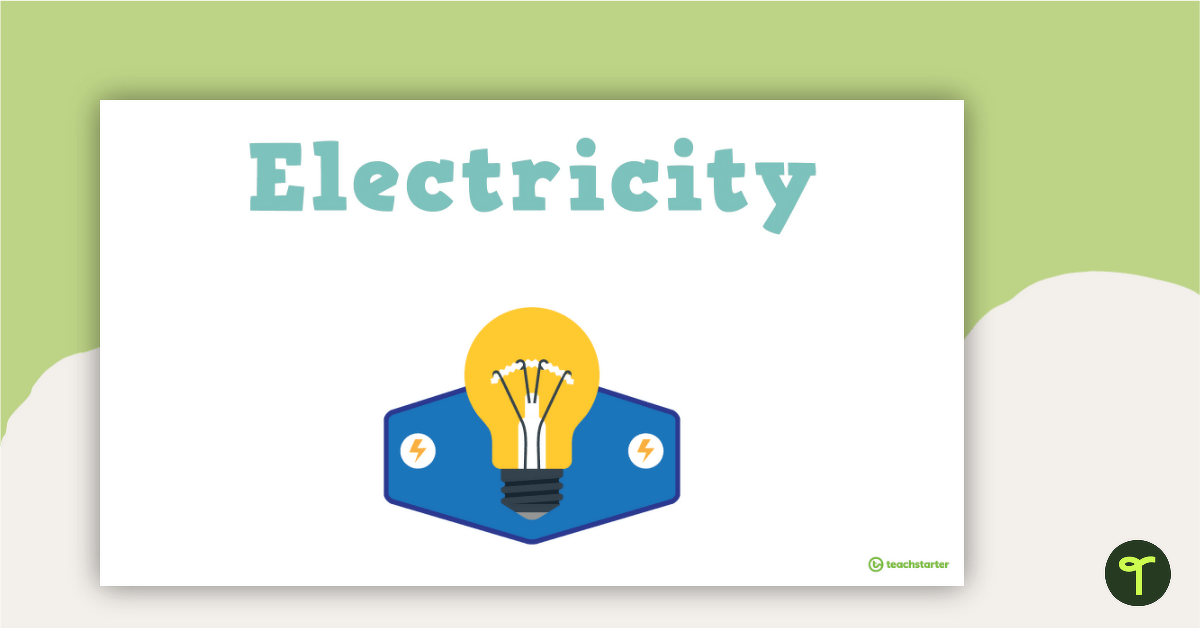
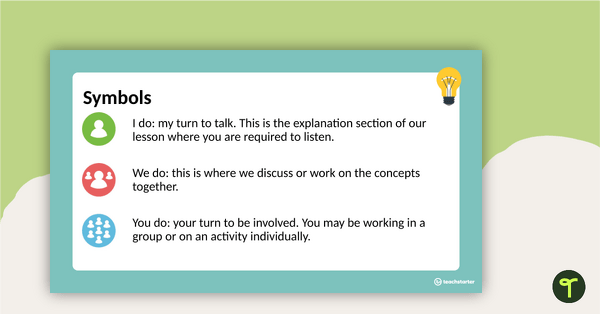
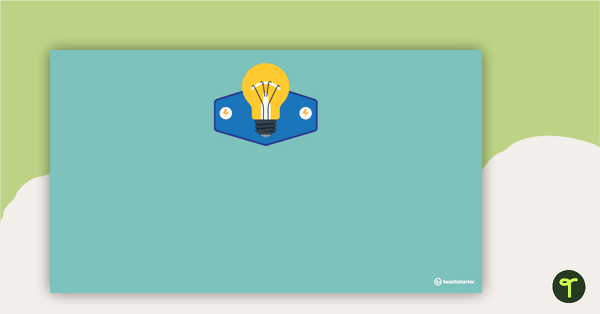
An electricity PowerPoint template to use on an interactive whiteboard or as print-outs for your class.
An electricity PowerPoint template to use on an interactive whiteboard or as print-outs for your class.

We create premium quality, downloadable teaching resources for primary/elementary school teachers that make classrooms buzz!
Would you like something changed or customised on this resource? While our team makes every effort to complete change suggestions, we can't guarantee that every change will be completed.
Did you spot an error on this resource? Please let us know and we will fix it shortly.
Are you having trouble downloading or viewing this resource? Please try the following steps:
If you are still having difficulty, please visit the Teach Starter Help Desk or contact us .
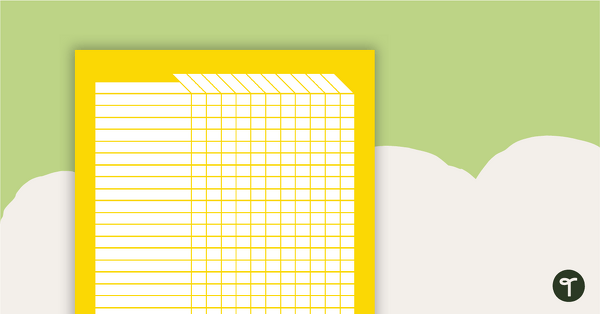
A plain yellow-themed printable class list.

A fairy tales and castles themed Job Chart to display in the classroom.

A plain pink-themed printable class list.

Fairy tales and castle themed editable landscape page borders.

A set of plain orange-themed border trimmers to decorate your whiteboard, corkboard or windows.

A set of plain yellow-themed border trimmers to decorate your whiteboard, corkboard or windows.

A set of plain pink-themed border trimmers to decorate your whiteboard, corkboard or windows.

Pink lush leaves letter and numbers set.
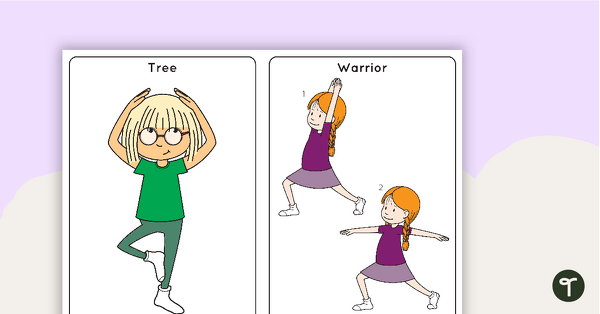
16 kid friendly yoga poses to display and use in the classroom for daily gross motor and fitness activities.
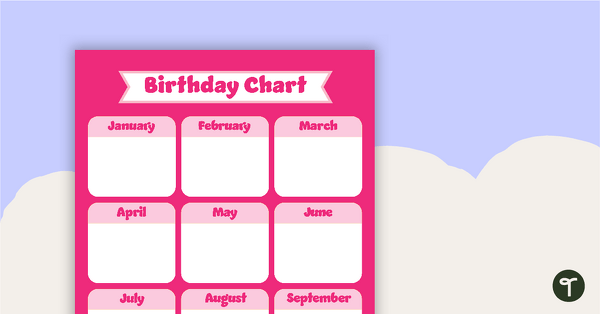
Display all of your students' birthdays on this plain pink-themed classroom birthday chart.
0 Comments
Write a review to help other teachers and parents like yourself. If you'd like to request a change to this resource, or report an error, select the corresponding tab above.